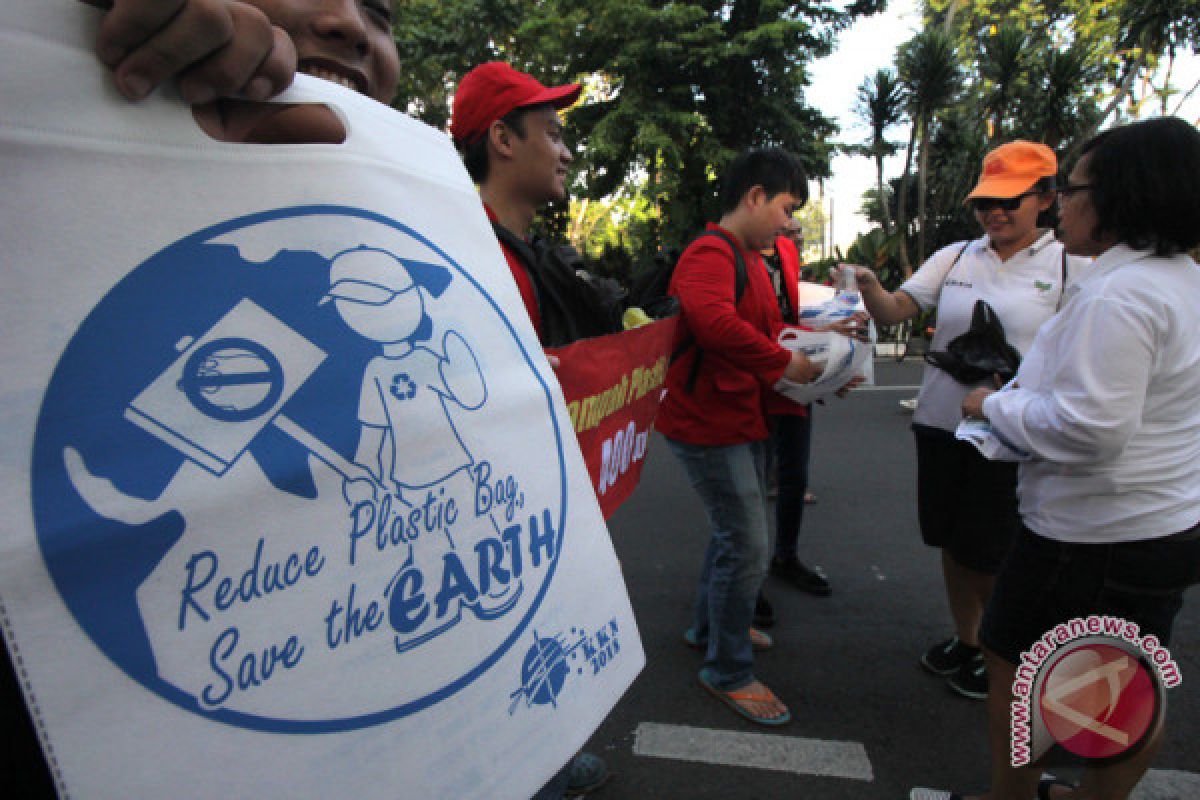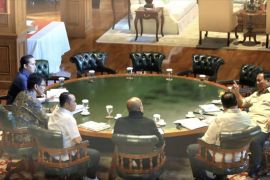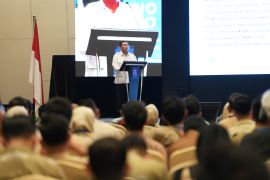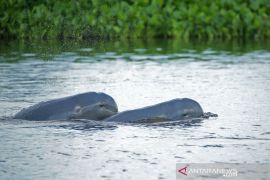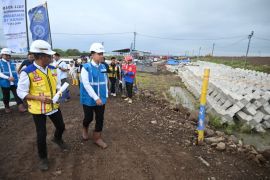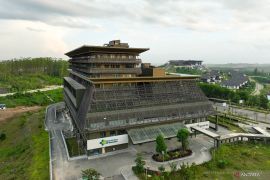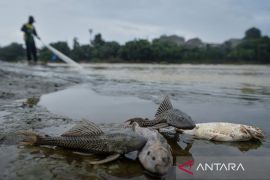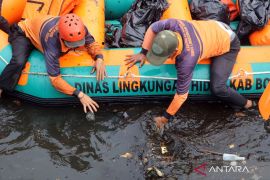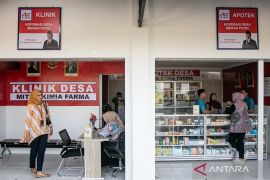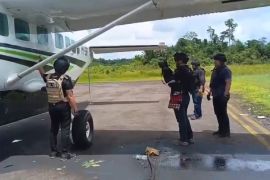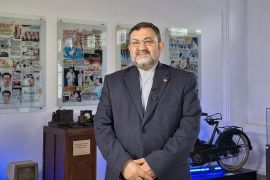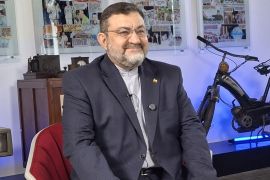"Plastic waste can pollute the environment because it is difficult to degrade," Siti Nurbaya stated.
The high number of plastic waste in Indonesia is caused by people`s lack of awareness to help preserving the environment.
The APRSCP aims to facilitate the cooperation of stakeholders in promoting sustainable consumption and production in the Asia Pacific region.
During the meeting, various stakeholders discuss current environmental issues from the climate change to the use of mercury and marine waste.
On that occasion, Nurbaya invited delegates to recall the 1992 Rio Declaration about the prerequisite for sustainable development, which is to change the pattern of unsustainable production and consumption.
"Responding to such environmental challenges, we must remind each other that the prerequisite for sustainable development is changing patterns of unsustainable production and consumption, changing routine practices, and habits or lifestyles," she explained.
According to her, in order to carry out behavior change at the government level, business people, and society in a systematic, integrative, and massive manner, all stakeholders need to be encouraged to become agents of change.
The APRSCP is aimed at materializing the change of governments` role in prioritizing sustainable consumption and production policies, both for business and society, through innovation, sharing experiences, and making concrete implementations in the field to contribute to the achievement of sustainable development goals (SDGs).
Reporting by Anita Permata Dewi
Editing by Yashinta Difa Pramudyani, Sri Haryati
Reporter: antara
Editor: Heru Purwanto
Copyright © ANTARA 2018
